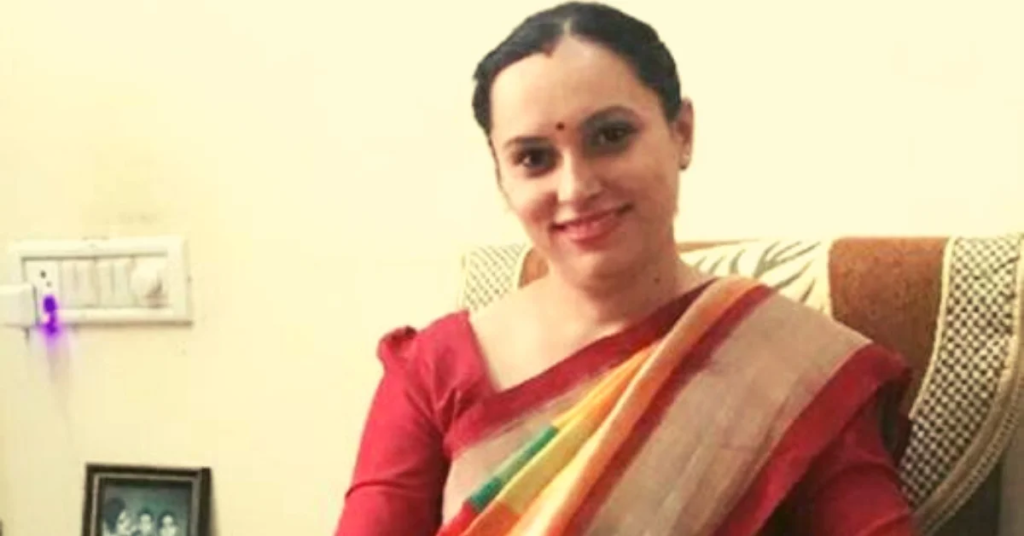She was dumped weeks after being married, tried in vain to obtain justice, and eventually went back to her parents’ Savarkundala, Gujarat, home, where she faced more challenges from relatives and neighbors who teased and criticized her.
New Delhi: Komal Ganatra’s incredible journey began in 2012 when she not only passed the UPSC Civil Services test but also secured the 591st spot out of a large field of competitors. However, her story goes beyond the typical tales of UPSC success and explores the depths of her perseverance in the face of hardship.

Komal, who was 26 years old when she married a businessman from New Zealand in 2008, was threatened with being kicked out of her in-laws’ house because she couldn’t pay the dowry. Just a few weeks after her wedding, she was abandoned and set out on an unsuccessful search for justice, finally withdrawing to her parents’ house in Savarkundala, Gujarat. There, in the face of unforgiving remarks and constant teasing from friends and neighbors, she faced her struggles.
Despite the turbulent conditions, Komal decided to create a new route for herself with her engineering diploma in hand. She moved to a secluded village some 40 kilometers from her homeland and took on the responsibilities of a primary school teacher, overcoming the difficulties of living on a meager Rs 5000 a month pay. She started her journey of UPSC preparation in the modest surroundings of this remote location.
Driven by her struggles and an unyielding will to bring about change inside, Komal started her path towards civil services. She carefully established the foundation for her goals by adding an engineering degree from Rajkot Government Polytechnic, a BA from Dr. Babasaheb Ambedkar Open University, and a Primary Teachers Training Certificate from a nearby institution to her academic resume.
However, the hinterlands presented a unique set of challenges on the road to UPSC success: unstable electricity supplies and a scarcity of resources for instruction. Failing to obtain essential resources like English newspapers, which are crucial for keeping up with current events, Komal faced the grave threat of seclusion and unequal access to knowledge.
In the face of these overwhelming obstacles, however, there was a ray of light in the shape of the Sardar Patel Institute of Public Administration (SPIPA), a Gujarat government-run center of excellence for IAS candidates. By taking use of this priceless resource, Komal was able to find comfort in organized study and direction, which strengthened her determination as she faced the challenges of the UPSC test.









